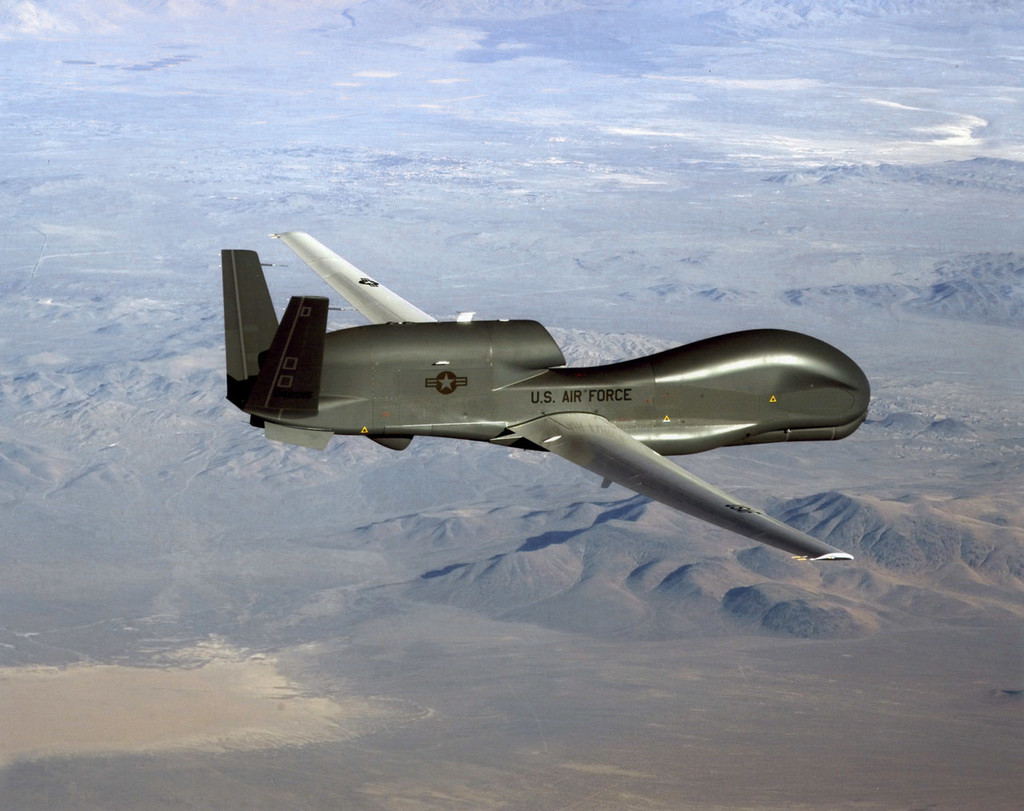Washington should stop extreme pressure on Iran: China Daily editorial
chinadaily.com.cn | Updated: 2019-06-23 18:45

The cloud of war over the Strait of Hormuz continues to darken as tensions between Washington and Teheran escalate, after US President Donald Trump admitted that he called off strikes against Iran at the last minute on Friday.
The strikes were initially authorized after the Iranian air defense system shot down a US RQ-4A Global Hawk unmanned aircraft on Thursday. The incident came just a few days after two oil tankers were attacked in the Gulf of Oman, which the United States blamed on Iran.
Washington and Teheran have given different accounts of both incidents, with the US criticizing Iran for masterminding the tanker attacks and shooting down the US drone over international waters.
Iran has denied playing any part in the attacks on the two tankers and insisted that the US drone was in Iranian airspace when it was shot down. Under such circumstances, both sides should exercise the utmost restraint and avoid making provocative moves that may further intensify confrontation.
But the crux of the issue is Washington should give up its extreme pressure tactics against Teheran. It should know from its previous escapade in the region that a head-on conflict with Iran would be disastrous.
And it should appreciate any move that might imperil the crucial international shipping route and regional stability runs counter to the wishes of peace-loving people around the world and will not serve its interests in the long run.
The US is reportedly mulling extra sanctions on Iran, a move that would do a disservice to efforts to de-escalate tensions and deny other countries' their right to maintain normal business ties with Iran.
Likewise a bigger US military presence in the Strait of Hormuz will only turn the strategic shipping lane into a flashpoint and heighten the risks of war.
The current round of tensions between US and Iran has been the result of US administration shifting to a more hostile policy towards Teheran, as it has emerged as the biggest rival to the US allies in the region.
But just like the US invasion of Iraq, war with Iran would not be a war of necessity but a war of choice. And like that disastrous adventurism, it would be the wrong choice.
Its regional allies may be encouraging Washington to fight a war they want on their behalf, but it should heed the more objective and rational voices calling for calm.
























